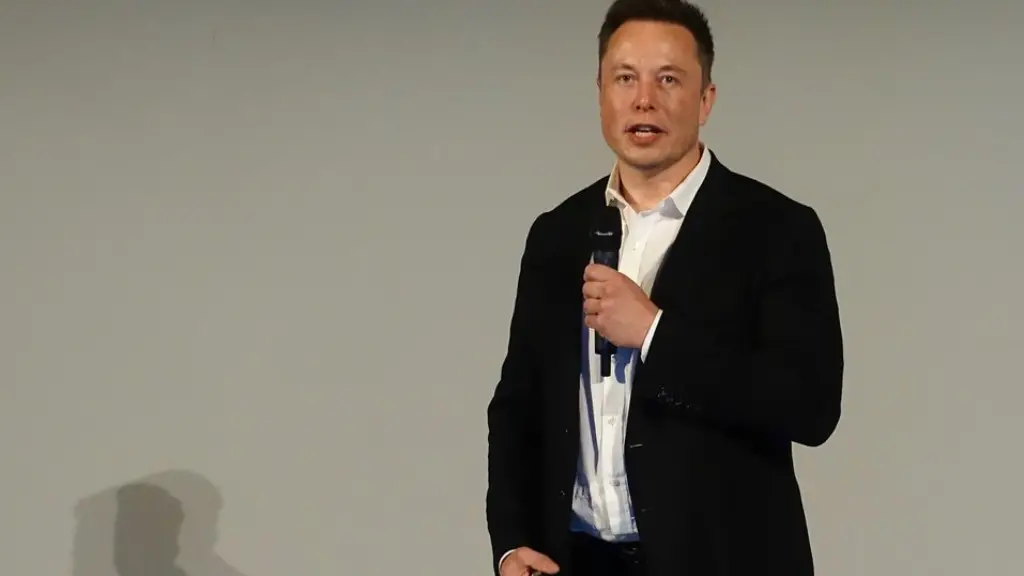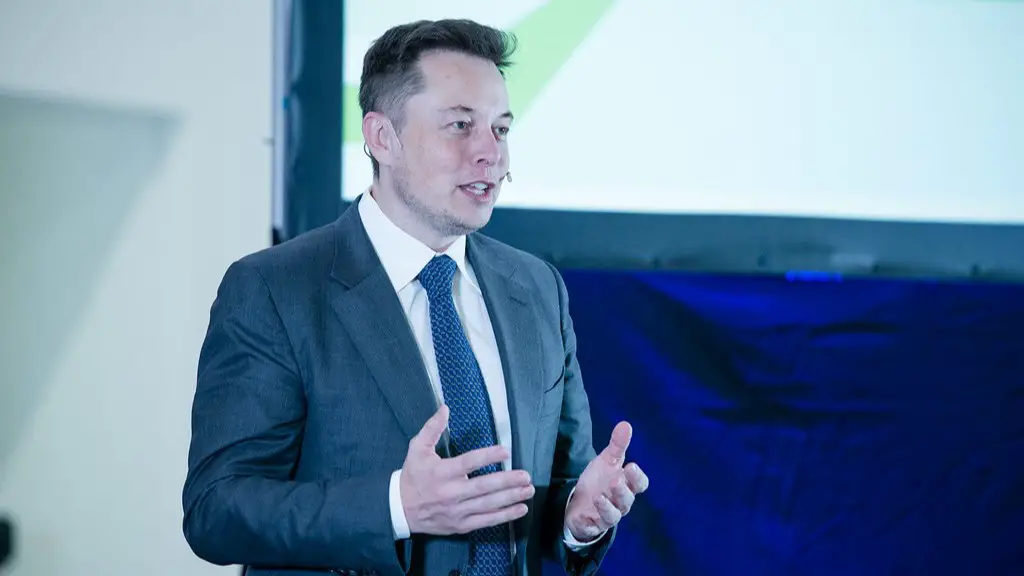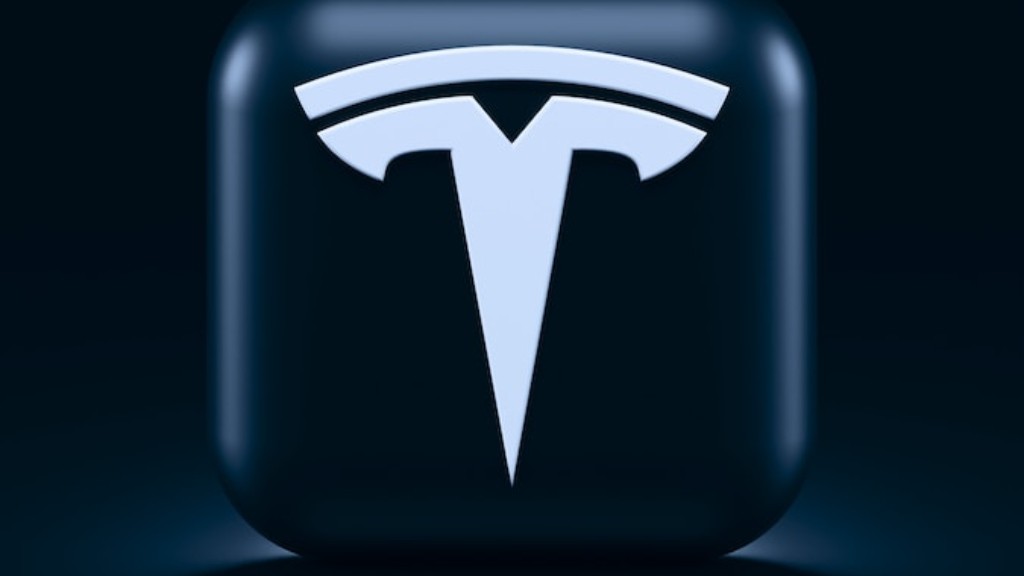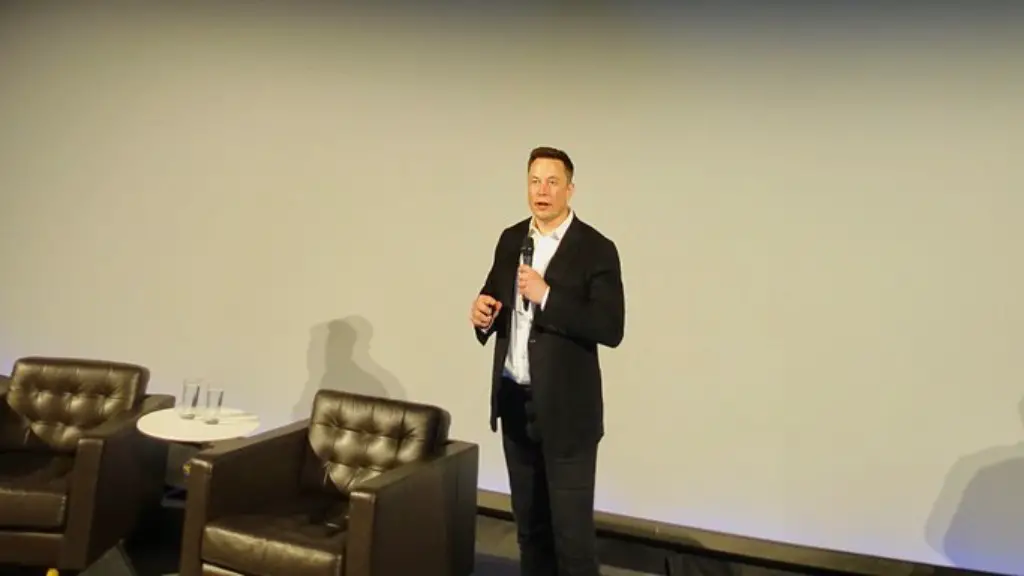In 2020 Elon Musk tweeted that the probability of us living in a simulated world is one in billions, as it is “almost certain” reality is a simulation. Musk has suggested several times that we are living in a simulated world and this has caused some controversy about what that could mean for us in the future. What arguments does Elon Musk have for believing that the world is a simulated one and what would the implications be if it were true?
Musk’s views are founded in the idea of Simulation Theory, which posits that the universe is a computer program created by artificial intelligence more advanced than our own. This would mean that reality would be a simulation of a simulated universe, created by whatever is controlling the software that the universe is hosted in. This “Matrix” universe would be indistinguishable from the real world, meaning that our reality could potentially be a simulated one and we wouldn’t know the difference.
Musk draws on the idea that it is statistically more likely that we are living in a simulated reality than not. The reasoning for this is that if the technology for creating simulated realities could exist, ever-advancing technology should allow for increasingly complex simulated universes to be created in the coming future. If advanced technology was able to create simulated realities, then it wouldn’t be too hard to imagine that humans in the future would have the capability to create simulated universes with an almost undetectable amount of difference from the real one. This would mean that if this technology existed, we would be more likely to be living in a simulated reality rather than the real one, making it more likely that our current reality is a simulated one.
The idea of living in a simulated reality has far-reaching implications. One of them being that our choices are predetermined and are ultimately controlled by the entity that runs the simulation. This would mean that humans have no free will and are nothing more than characters in someone else’s game. This also means that, if we were living in a simulated universe, it’s possible that all of our actions would be predetermined by what the universe’s creators wanted us to do. Consequently, this would have significant implications for morality and much of our ethical systems.
Musk’s suggestion that we are living in a simulated reality have been met with some skepticism. Critics have raised the issue of the “inverse problem”, which suggests that it would be almost impossible to tell the difference between a simulated reality and the real one, making it impossible to prove that we are in fact living in a simulated world. Musk and proponents of Simulation Theory argue that we should accept the possibility of being in a simulated world, as it would explain some of the mysteries of the universe, such as why events that seem to have no cause or why we have free will.
How Would Life Be Different In A Simulated Universe?
If it turns out that we really are living in a simulated universe, then life as we currently know it would change drastically. For one thing, our perception of reality would shift dramatically and many of the laws of physics that we take for granted would no longer be applicable. It could also be the case that the universe would be manipulated by the entity running the simulation, meaning that events could be changed at a moment’s notice. This could mean that the natural order of the universe could be thrown off, leading to chaotic and unpredictable conditions.
Furthermore, since the rules of the universe could be manipulated, all of the events than happen to us could be predetermined by the entity controlling the simulation. This could mean that all of our fates are predetermined and that no matter what we do, we are just playing a part in someone else’s game, making us nothing more than living, breathing, characters. This could also have implications for morality, as all of the actions that we take could be predetermined and so all of our choices would end up being decided by someone or something else, rendering concepts such as freedom and morality useless.
Finally, if it were to turn out that we were living in a simulated universe, then it stands to reason that there would be ways to cheat the system, as in any game. It is possible that certain characters in the simulation or even the entire population could find ways to manipulate the simulator or the environment itself, resulting in massive and unpredictable implications for the universe.
What Would Be The Implications For The Future?
If it were to turn out that we were living in a simulated reality, then there would be far-reaching implications for the future of humanity. For one thing, it would completely change the way that we view reality, as we would no longer take the laws of physics for granted and we would be completely at the mercy of the entity running the simulation. It could also lead to advances in technology as we would be able to explore ways to manipulate the environment in order to achieve different outcomes, as well as explore ways to “cheat the system” or even use the system to our advantage.
The implications for morality and ethics would also be far-reaching, as all of our actions would be predetermined and our choices would be made by someone else. This could lead to a breakdown in humanity, as we would no longer be in control of our own destiny and our actions would be pre-determined by something or someone else. This could also have huge implications for religion and spirituality, as many of our core beliefs and tenets of faith could be overturned by the idea that we are living in a simulated reality.
In summary, the suggestion that we are living in a simulated reality is a controversial one, with far-reaching implications for the future. What exactly the implications are remain to be seen, but the implications for morality, ethics, religion and technology could be far-reaching and unpredictable.
How Could We Try To Prove We Are In A Simulated Universe?
In order to prove that we are living in a simulated universe, we would need to be able to test the simulation and compare it to our current understanding of the real universe. This would require us to find ways to discover evidence of the simulations programming and identify elements that would not be visible in the real universe, such as glitches or errors that could only be present in a simulated world. It would also require us to exhaust all other possibilities before accepting that we are living in a simulated universe as the simulated universe theory would have far-reaching and potentially devastating implications for the future of humanity.
In order to prove that we are living in a simulated universe, we could look for evidence for the simulation itself, such as glitches or errors that could only be present in a simulated world. We could also look for evidence that the universe is in some way manipulated by an external force, such as a pattern of events that could not occur in the real world or an unexplained phenomenon that would only be explainable in a simulated universe. It is also possible that we could use artificial intelligence or other advanced computing technologies to search for evidence of the simulation itself, although this would require further research in order to be able to do so convincingly.
In addition to looking for evidence of the simulation itself, we could also look for evidence that our current understanding of the universe is being manipulated, such as unexplained phenomena or events that could not occur in the real world. For example, if it was found that certain elements of the universe seem to be predetermined and that certain events have cause and effect relationships that cannot be explained using our current understanding of the universe, this could indicate that the universe is in fact being manipulated by an external force. Ultimately, the best way to prove that we are living in a simulated universe would be to exhaust all other possibilities before accepting the simulated universe theory, as the implications could be far-reaching and devastating.
What Are The Challenges To Proving We Live In A Simulated Universe?
The idea of living in a simulated universe has interesting implications, but proving that reality is indeed a simulation is much more difficult than it might seem. One of the greatest challenges to proving that we are living in a simulated universe is the “inverse problem”, which suggests that it would be virtually impossible to tell the difference between a simulated reality and a real one. This means that it would be impossible to know for sure whether we live in a simulated universe or not, making it impossible to definitively prove that we are living in a simulated universe.
Furthermore, even if we had proof that our universe is simulated, it would also be almost impossible to determine who or what is running the simulation. It would require us to have access to the source code of the universe in order to figure out who or what is controlling it and unless we could gain access to the source code, there would be no way of knowing who or what is in control. This would make it almost impossible to prove that our universe is a simulated one and could lead to huge implications for the future of humanity.
Finally, it would require us to have a much deeper understanding of the universe in order to prove that we are in fact living in a simulated universe. We would need to understand aspects of the universe that we currently do not, such as dark matter and dark energy, in order to uncover evidence of a simulated universe. This could be difficult as much of the universe is currently a mystery and without a full understanding of the universe, it would be almost impossible to prove that we are living in a simulated reality.
Could We Live In A Simulated Universe?
The idea of living in a simulated universe is a controversial one, and while it may be theoretically possible, it is highly unlikely that we are currently living in a simulated universe. There are many obstacles that would stand in the way of us knowing for sure whether or not we are living in a simulated universe and it would require us a much greater understanding of the universe than what we currently possess in order to prove it. Furthermore, if we were to find out that we are living in a simulated universe, the implications could be far-reaching and devastating and there is no guarantee that we would be able to handle the situation well.
That being said, the possibility of living in a simulated universe is an interesting one and it has captivated the imagination of many. Whether we are living in a simulated universe or not is yet to be determined, but the implications for humanity if we were to find out that this is indeed the case would be far-reaching and unpredictable. For now, all we can do is speculate, but until we have more evidence or until we have a greater understanding of the universe, we will have to wait and see what the future holds.




